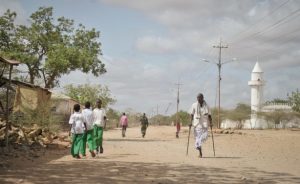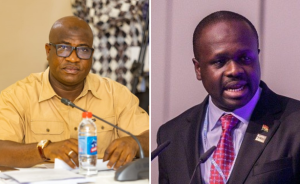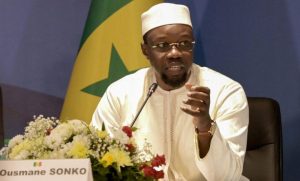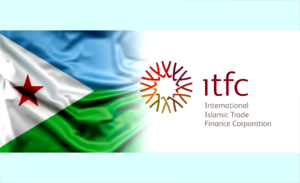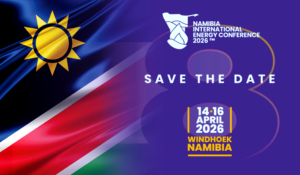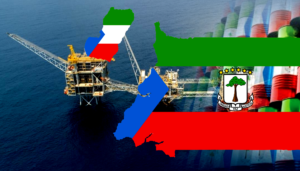Two Years of Renewed Hope Agenda: The Reforms, Steady Recovery and National Renewal
Two years after the removal of government subsidies on petrol and the consolidation of multiple foreign exchange markets into a single, unified exchange rate system, the President Bola Tinubu administration is leading Nigeria through its toughest economic periods. Nigerians acknowledge, through various expressions of lived experience and social discourse, that the nation is indeed grappling with socio-economic challenges, including cost-push inflation, poverty and insecurity, among other existential issues.
While Nigerians have experienced economic pain due to inflation arising from the removal of the subsidy and the floating of the naira, the reforms are laying a foundation for sustained growth, improved public services, better economic opportunities and a better environment for foreign investors. The complex challenges Nigeria faced compelled the Tinubu administration to implement these decisive reforms aimed at restoring macroeconomic stability and fostering growth.
The administration designed the Renewed Hope Agenda, an ambitious and comprehensive plan focused on economic reform, enhanced security, agricultural development, and infrastructure improvement, to address these challenges. The agenda aims at driving sustainable growth, creating jobs, and improving the quality of life for citizens.
Twenty-four months later, the Tinubu administration has recorded successes in boosting Nigeria’s economy. The administration is redirecting funds to critical sectors such as healthcare, education, and infrastructure, thereby enhancing public services and national development.
Nigeria is also witnessing a decline in inflation, easing to 23.71% in April 2025 from 24.23% in March 2025, according to the National Bureau of Statistics (NBS). This slowdown in price increases, especially in energy and transportation costs, has provided some relief to households and businesses.
The removal of the subsidy on petrol has led to a 50% reduction in petrol imports, primarily driven by increased domestic refining capacity. With the restart of the Port Harcourt Refining Company and the expansion of modular refineries, local fuel production has been significantly boosted, reducing Nigeria’s dependence on imported petrol.
These policies have also substantially improved Nigeria’s balance of trade figures, with the country recording about N3.42 trillion as a surplus in the fourth quarter of 2024. The unification of the FX market has also improved transparency, curbed corruption and speculative activities, and enhanced price discovery.
The resulting predictable exchange rate has bolstered investor confidence, attracting foreign investment pledges of about $50.8 billion.
On security, coordinated security operations have successfully curbed mass killings, kidnappings, and terrorist attacks on government facilities. During the period under review, over 13,543 terrorists were neutralised, 124,408 surrendered, and more than 11,000 weapons were recovered and destroyed.
Importantly, oil exploration is set to resume soon in Ogoniland, Rivers State, after nearly three decades of disruption caused by insecurity, reflecting the improved security situation in the area.
In tackling poor governance at the grassroots level, the Tinubu administration advanced local government autonomy by securing a landmark 2024 Supreme Court ruling affirming the financial independence of Nigeria’s 774 local government councils. This ruling declared unconstitutional the practice of state governors receiving and withholding funds meant for councils, mandating direct federal allocation to local governments.
Efforts to expand social welfare and education financing have also seen progress, with over 900,000 Nigerians benefiting from the Presidential Loan and Grant Scheme and about 300,000 students receiving support.
In agriculture and food security, the administration declared a state of emergency and launched the National Agricultural Development Fund with N100 billion to support farmers. Initiatives such as the Dry Season Farming Initiative and the Green Imperative Programme promote year-round farming and provide access to modern equipment and low-interest loans.
On infrastructure, 13 major road projects are ongoing across Nigeria. Flagship initiatives include the 700 km Lagos-Calabar Coastal Highway, Abuja-Kaduna-Zaria-Kano Dual Carriageway, Enugu-Onitsha Expressway, Benin–Asaba Superhighway, Enugu-Port Harcourt Expressway, and the Second Niger Bridge Access Road.
While Nigeria has not yet fully achieved its power goals, it is steadily moving closer. The country reached a historic milestone by achieving a record power generation capacity of 6,003 megawatts (MW), the highest ever recorded in its history under President Tinubu’s leadership. The federal government has also recorded success in empowering states and private sector players to independently generate and distribute electricity.
Equally, President Bola Tinubu’s administration has made notable progress in the health sector, including the introduction of a 50% subsidy on cancer treatment costs, capped at ₦400,000. This initiative is part of a broader commitment to improving healthcare access and affordability, aiming to ease the financial burden on patients and enhance the quality of medical care across Nigeria.
While much remains to be done to transform Nigeria and uplift the standard of living for its citizens, consolidating the successes made in the past two years is necessary. The Tinubu administration is on a path that will give confidence to Nigerians and the global community that the country is moving to its destined greatness.


